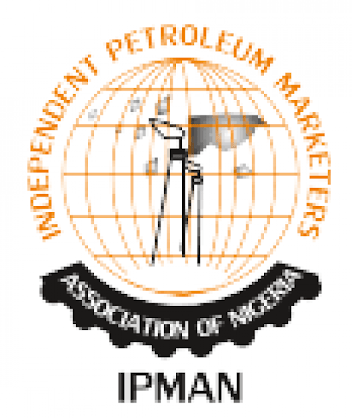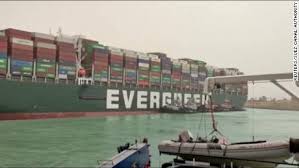Rosemary Onuoha
 05 February 2013, Sweetcrude, Lagos – The ability of Nigerian insurers to retain 70 per cent of oil and gas risk locally as stipulated in the Nigerian Content Development Act, 2010 is impracticable, A.M, Best, an international rating agency, has said.
05 February 2013, Sweetcrude, Lagos – The ability of Nigerian insurers to retain 70 per cent of oil and gas risk locally as stipulated in the Nigerian Content Development Act, 2010 is impracticable, A.M, Best, an international rating agency, has said.
This is because local insurers do not have the expertise, technical know-how or capital to support these large oil risk exposures.
According to a recent report by A.M. Best, this reflects the country’s oil and gas risks, which result in very volatile growth in gross premiums written, GPW, and low retention ratios.
The report said: “Insurance buyers are attempting to exhaust the local capacity before placing insurance business overseas. However, A.M. Best considers the 70 per cent minimum retention requirement impracticable, given that local insurers do not have the expertise, technical know-how or capital to support these large oil risk exposures.”
It will be recalled that there are mandatory requirements for the domestication of a large portion of oil and gas risks in Nigeria, before transferring these risks internationally, because the Local Content Act 2010, effectively states that 70 per cent of all business coming out of the oil and gas sector must be insured in Nigeria – for example, engineering, building of infrastructure and insurance needs. Therefore, local insurers are expected to absorb 70 per cent of all risks arising out of the oil and gas segment.
Accordingly, the insurance regulator, the National Insurance Commission, NAICOM, is aware that domestic insurers effectively act as fronting companies, transferring a substantial amount of the gross risks through the use of re-insurance, mainly to international re-insurers.
A.M. Best reports that foreign participation is relatively low in the insurance sector, as NAICOM does not permit foreign companies to own more than 40 per cent of a Nigerian company, although this limit is not strictly observed.
“Nigeria’s insurance market remains crowded, although the sector has seen significant consolidation from 104 companies in 2006 to 18 life insurers, 33 non-life insurers, nine composite companies and two re-insurers in 2012, according to NAICOM. In 2007, NAICOM issued requirements to increase industry participants’ minimum regulatory capital levels. While some companies increased their levels of paid-up capital, others were unable to raise additional funds and ceased trading,” the report said.
According to the report, direct insurers require ratings in part to enable underwriting of large contracts, many related to oil and gas or infrastructure projects. These include Custodian & Allied Insurance, Leadway Assurance and Mansard Insurance (formerly Guaranty Trust Assurance), adding “These direct insurers tend to have relatively low retention levels, especially in respect of energy risks, owing to their relatively modest size and capitalization, compared with international standards.



